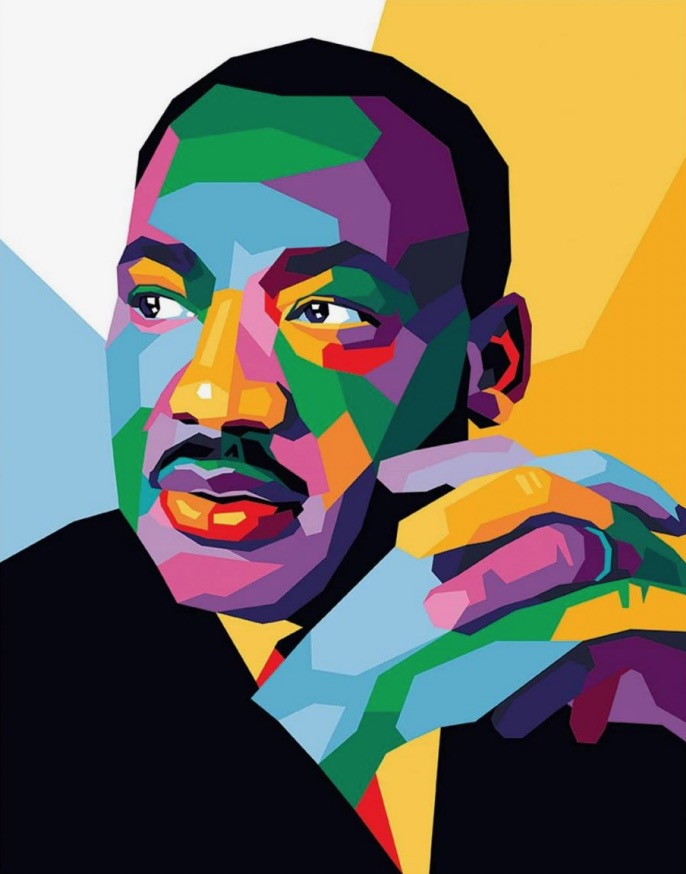This collection of resources and research was put together by members of the NCUFY Youth Coalition in support of the collaboration with the New Castle Committee on Racism, Equity, and Inclusion (CREI). Along with CREI and other community organizations, NCUFY Youth members want to honor Dr. Martin Luther King, Jr. and Black History Month.

Why does mental health matter?
The NCUFY Youth Coalition has been working for the past year on projects focused on mental health. Mental health is something that impacts every member of our community, and the Youth Coalition wants to help connect people to resources that can help provide support.
When presented with the chance to collaborate with CREI on this event, some Youth Coalition members wanted to use the opportunity to shine a light on how mental health stigma can impact people of color.
Mental Health Support Resources
Black Emotional and Mental Health (BEAM) – an organization working to remove barriers to care caused by racism. Dedicated to the healing and wellness of Black communities
Black Mental Health Alliance (BMHA) – an organization working to support the mental and physical health of Black communities. Conducts research and creates reports about the mental health of Black Americans. Provides support and trainings for practitioners of color.
Mental Health America (MHA) – an organization working to promote mental health as a critical part of overall wellness. Includes additional resources and support options for those who identify as BIPOC.
Additional Resources for Black History Month
BlackPast – a nonprofit organization dedicated to providing comprehensive, reliable, and accurate information concerning the history of African Americans in the United States.
National Archives – a federal agency that preserves and shares American history, with a dedicated African American History portal, including educational resources.
The Center for Racial Justice in Education – an organization working to empower and train educators to dismantle patterns of injustice and racism in schools and communities, with a large library of resources appropriate across age groups.
How do inequities and inequality impact mental health?
Inequality and racial inequities can negatively impact the mental health of people of color. These inequities come in many forms. Some are more overt, and some are more subtle. Here are just a few that stood out to NCUFY members:
Examples of Inequities
People of color are paid less in comparison to white people with the same level of education.
People of color are more likely to receive a lower quality of education than white people.
People of color are more vulnerable to unemployment than their white counterparts.
People of color have a shorter life expectancy than white people due to inequalities in health insurance and medical care.
Black Americans are more likely to be imprisoned than white Americans.
Statistics and Other Information
80% of people in BIPOC communities report being concerned with stigma around seeking mental health assistance.
1 in 5 BIPOC people are likely to develop a mental illness in their lifetime.
Black Americans represent approximately 13% of the general U.S. population, but make up more than 40% of the prison population.
